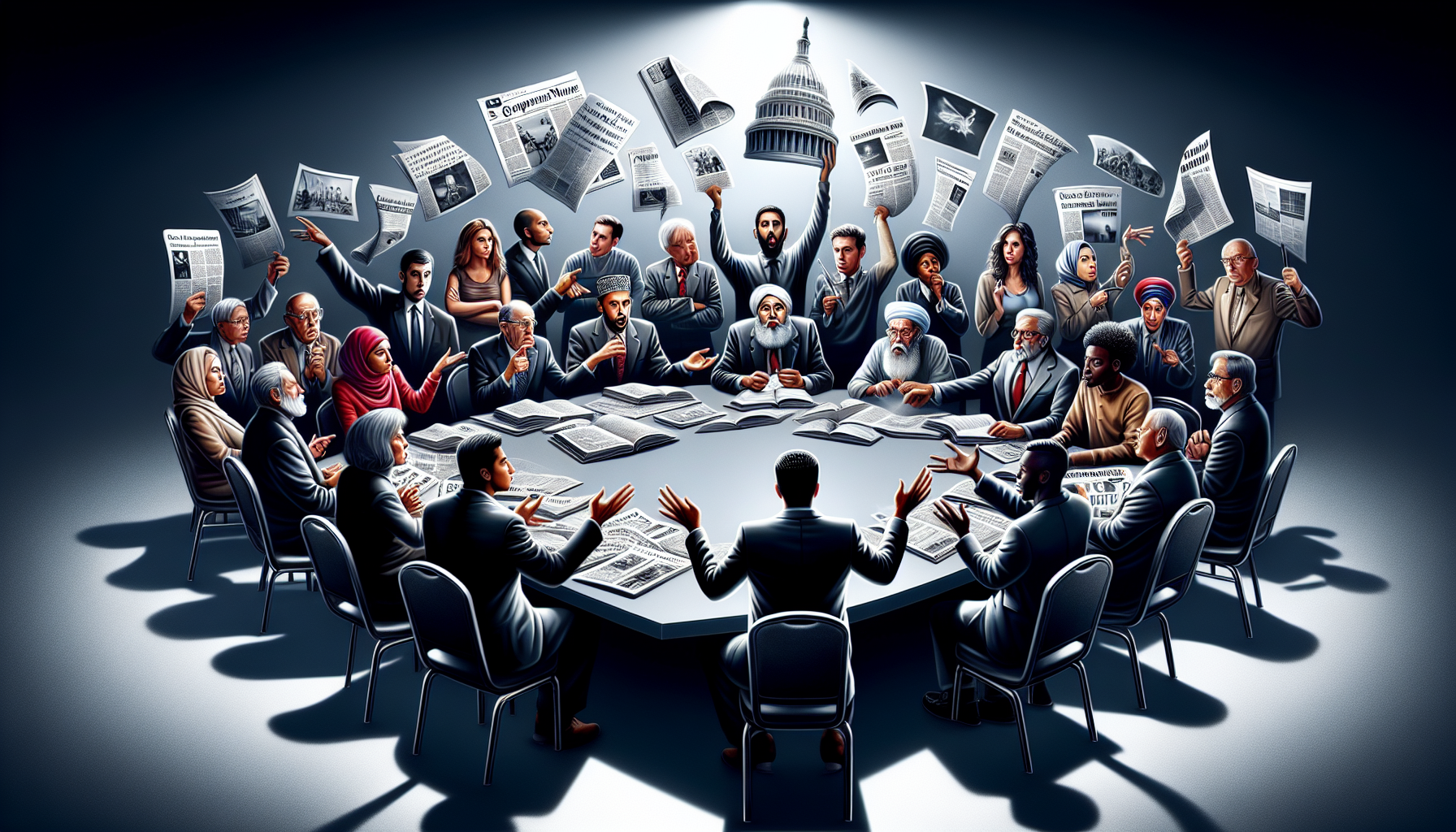
Various ideas took root, suggesting everything from controlled demolitions of the World Trade Center to the U.S. government having prior knowledge of the attacks. These theories were often bolstered by the eerie gaps in information and the rapid pace at which events unfolded on that day. For many, the chaotic nature of the crisis fostered a fertile ground for suspicion and doubt, leading to a belief that the truth was being concealed.
Media played a significant role in shaping the public perception of 9/11 and the subsequent theories. Popular documentaries and websites dedicated to exploring alternative narratives gained traction, creating communities around shared skepticism. High-profile figures often amplified these questions, lending credence to ideas that would have otherwise remained marginalized. As these narratives gained momentum, a cultural clash between official accounts and alternative theories emerged, further embedding conspiracy thinking in societal discourse.
Historically, the U.S. has seen episodes where major events sparked similar conspiracy theories. The assassination of JFK and the moon landing are just two examples that resonate with the overarching theme of a population grappling with the complexities of trust, power, and truth. Yet, 9/11 stands out due to its scale, its direct impact on national security, and its role in shaping global geopolitics in the decades that followed.
As debates evolved, theorists often found themselves pitted against skeptics, leading to confrontations that went beyond mere disagreement. The intensity of these discussions often spoke to deeper societal issues, such as how individuals process trauma and the search for meaning in extraordinary circumstances. This historical context is crucial for understanding why, even years later, conversations about the events of 9/11 remain charged with emotion and suspicion.
The Psychological Impact on Society
The psychological impact of 9/11 on society is profound and multifaceted, reverberating through personal beliefs and collective consciousness. People grappling with the aftermath of such devastating attacks found themselves asking uncomfortable questions about safety, trust, and governance. For many, the experience of watching the horrifying events unfold on live television permanently colored their perception of the world. The trauma wasn’t confined to those directly affected; it seeped into the minds of millions, shaping responses to both personal and political narratives.
The subsequent rise of conspiracy theories created a unique psychosocial environment where fear and uncertainty thrived. In the face of incomprehensible loss, individuals often sought alternative explanations to regain a sense of control over an increasingly chaotic reality. Conspiracy theories, with their intricate webs of ideas, provided a framework—albeit flawed—for making sense of the senseless. The allure of having ‘inside knowledge’ helped numerous people cope with feelings of powerlessness and anxiety in the aftermath of tragedy.
This need for understanding is particularly evident among those with a predisposition toward distrust of institutions. For them, the official narratives surrounding 9/11 felt insufficient and disingenuous, igniting a desire to uncover what they believed was a concealed truth. They questioned the motives of the government and media, seeking answers that validated their skepticism. The interplay between trauma and distrust fueled a cycle wherein conspiracy theories appeared to flourish in the cracks of societal tension.
Interestingly, these theories often align with larger existential fears, such as loss of autonomy or the fragility of democracy. The notion that a shadowy cabal might be pulling the strings feeds into a narrative of victimization, where individuals transform from passive attendees of history to active participants in a counter-narrative. This transformation can foster community bonds among those who share similar beliefs, creating echo chambers that reinforce their views and amplify their convictions.
The psychological consequences extend beyond individual beliefs, reshaping social interactions and political discourse. As conspiracy theories regarding 9/11 gained traction, conversations turned contentious, often polarizing families, friendships, and even professional relationships. This rift showcases a broader cultural struggle over differing perceptions of reality and truth—where belief can sometimes overshadow established facts, leading to a societal divide marked by mistrust and skepticism.
As time passed, therapy and psychology began addressing the mental health ramifications of such widespread trauma. Professionals recognized the long-term effects of 9/11 on collective anxiety levels, PTSD, and sociopolitical engagement. The questions surrounding 9/11 and its ensuing conspiracy theories offer a glimpse into how societies process collective grief, navigate trauma, and form new belief systems in the uncertain landscapes of modernity.

